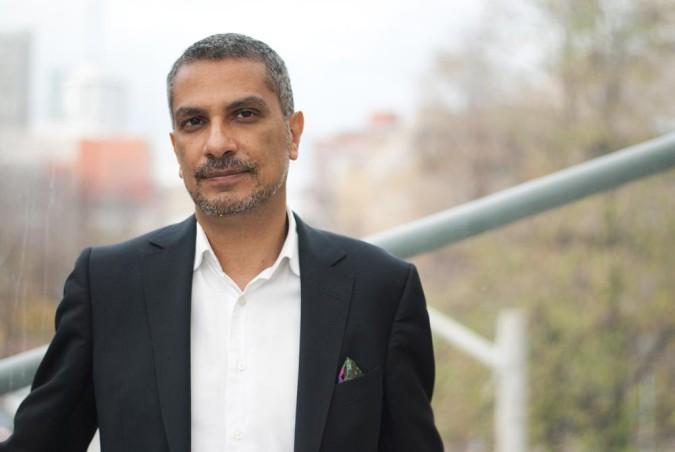By Raneem Al-Ozzi
A panel on Islamophobia, migration and refugees was held on Nov. 1, 2016 as part of Ryerson University’s annual social justice week. The panel was co-hosted by the Ryerson Centre for Immigration and Settlement and Ryerson’s International Student Support focused on the effects of Islamophobia and its impact on Canadian Muslims and racialized minorities.
“The religion of Islam has been colourized,” said Kamal Al-Solaylee, an associate journalism professor at Ryerson. Al-Solaylee explained how although followers of this religion have no specific ethnic or geographic background, the image of a young brown Muslim, or a veiled woman has come to signify a source of anxiety to the western world; they are now associated with terror, extremism, and gender discrimination.
According to a survey conducted by the Ontario Council of Agencies Serving Immigrants (OCASI), only a third of Ontarians have a positive impression of the religion, and that more than half feel that it’s mainstream doctrines promote violence.
Statistics Canada data from April revealed that the number of police reported hate crimes towards Muslims have more than doubled within the past three years.
Binish Ahmed a researcher and PhD candidate in the policy studies program at Ryerson talked about society’s preconceived notion of Canada’s “race-less” nature saying that people often get uncomfortable when race is brought up in conversations.
Anti-Muslim racism ascribes stereotypical characteristics to people, these could include where they come from, what they believe in, and how they organize or carry themselves as groups, said Ahmed.
“You don’t actually have to be Muslim to experience anti-Muslim racism. If your name sounds like what a traditional Muslim name is, then you could be targeted,” said Ahmed.
During the summer, OCASI launched a public education ad campaign to address xenophobia, Islamophobia, and anti-immigrant sentiments.
The ad campaign which showed a veiled woman saying that her home was North York in response to a man telling her to “Go home” sparked debates on social media.
Debbie Douglas, executive director of the council said that the campaign received multiple criticisms, however the goal was not to get everyone to agree, but to spark conversations, discussions and debates.
“We hope that we can start a shift to an environment that is more tolerant and more accepting and safer for everyone in Toronto, and perhaps to influence people to speak out when they see something that is racist, Islamophobic or xenophobic,” said Douglas.













-_-
You’re conflating an ideology with a group of people. The group of people deserve their rights as humans beings, obviously. But so what if <1/3 of ontarians view this religion in a "positive light", or more than half thinks it "promote violence"? If you've actually read the quran… it actually does – it's not a value judgement being made there, it's literally a positive statement. That's all. This is coming from someone who used to be a practitioner but left. What you people are conflating is a group of humans that deserve human rights like the rest of us, and an ideology which you are forcing others to accept even if they have solid, justifiable grounds not to. The last time I checked, that sounds a lot like facism. A great example is women, who, by all means, should not accept "religious" texts that tell them they're worth half. I don't see women as worth half of what men recieve, and no one else should. I thought we were all for gender equality..?
-_-
More: If this is what you call ‘islamophobia”, you should *really* redefine your parameters there. Being brown myself, I face the kind of discrimination those who are still a part of the faith experience. Others of the same heritage as I am who are non-muslims also face discrimination. Should this really be called “Islamophobia”, or just “brownphobia” / racism in general..? How is this term even relevant if other “brown” non-muslims are even being killed in North America based on discrimination?